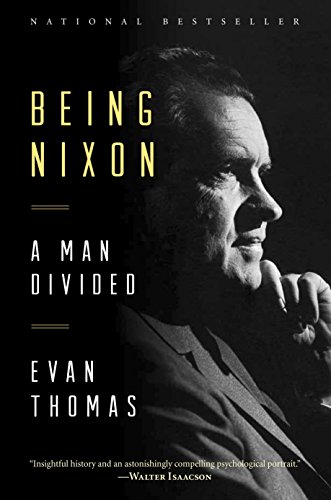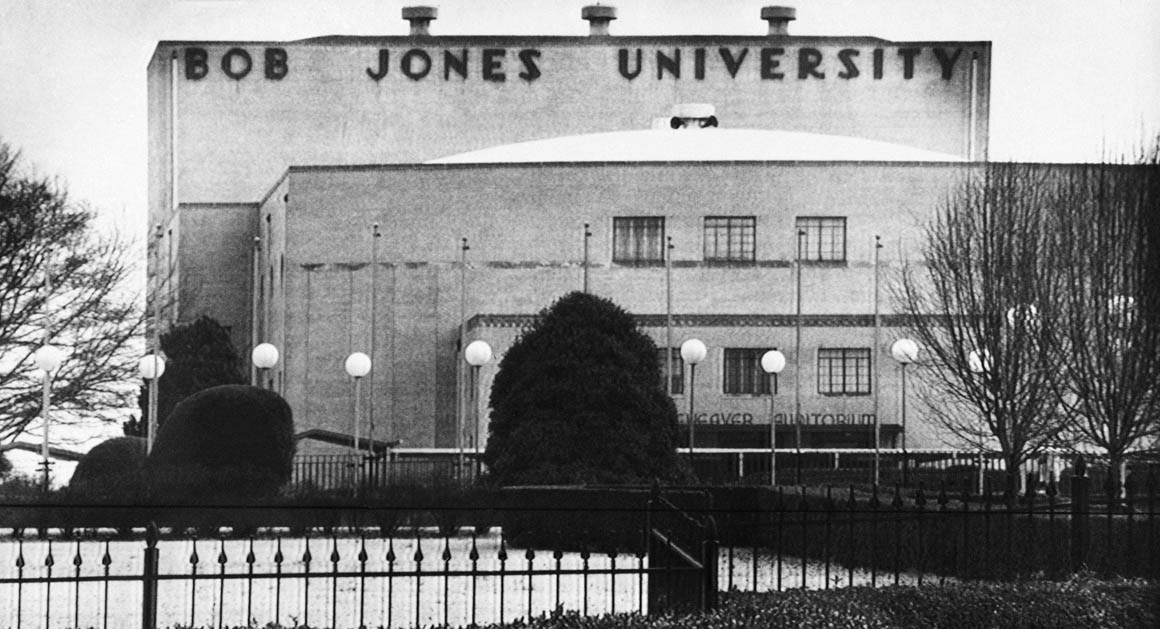GeographyDude
Gone Fishin'
In OTL, the Nixon administration did quietly and successfully push through school desegregation with George Shultz as their point person. Nixon also successfully pushed for more federal funding into sickle cell anemia, calling the previous neglect shameful.
If Nixon does more of this — and importantly gets credit — how does this affect ongoing race relations in the U.S. over approximately the next twenty-five years?
For example, does the Clinton administration, or any Democratic administration in the 1990s, ramp up mass incarceration and roll with the cultural myth of a “super predator” as some kind of boogie man?
To avoid current politics, please end the projections by around the year 2000. Thanks.
If Nixon does more of this — and importantly gets credit — how does this affect ongoing race relations in the U.S. over approximately the next twenty-five years?
For example, does the Clinton administration, or any Democratic administration in the 1990s, ramp up mass incarceration and roll with the cultural myth of a “super predator” as some kind of boogie man?
To avoid current politics, please end the projections by around the year 2000. Thanks.


